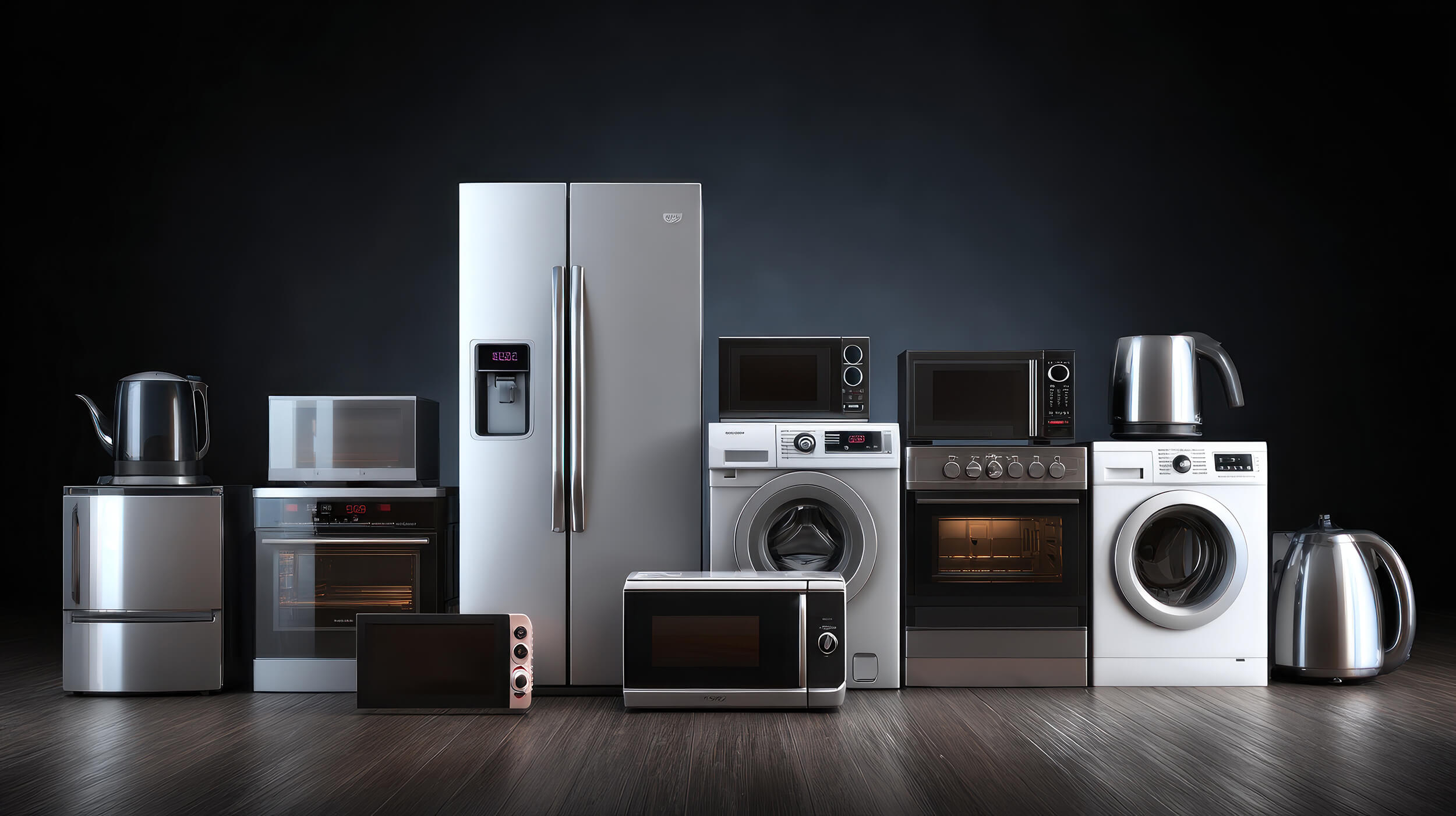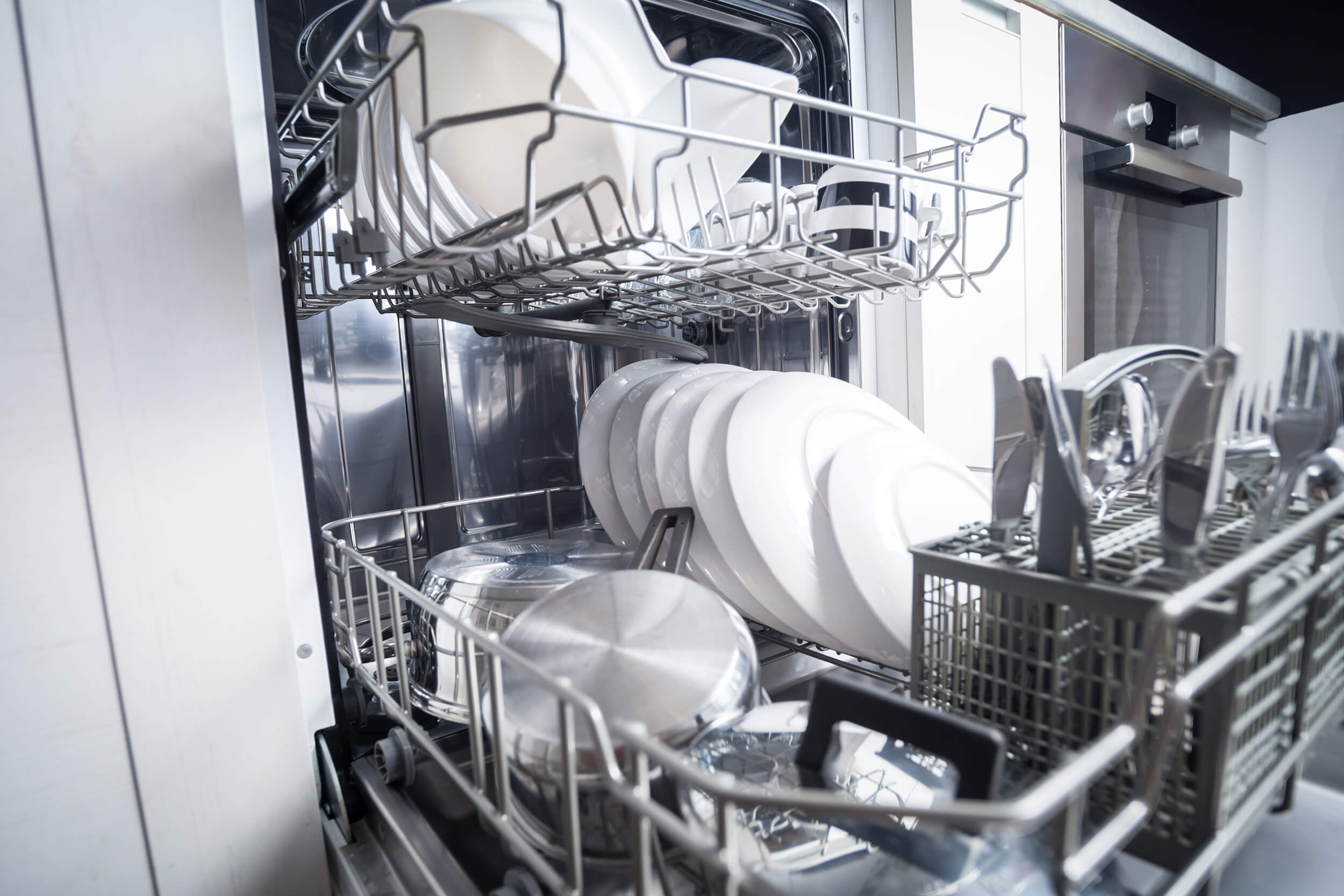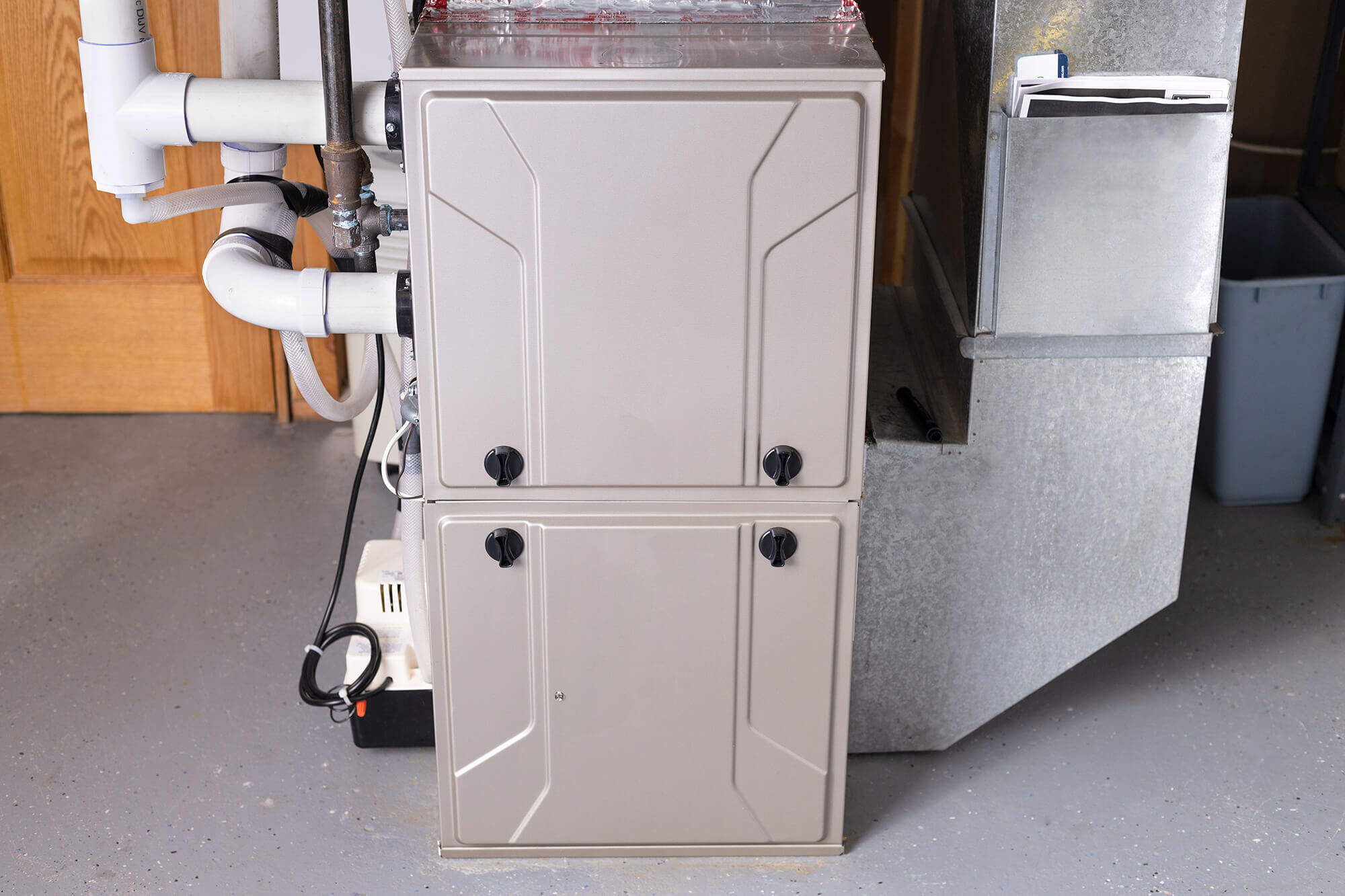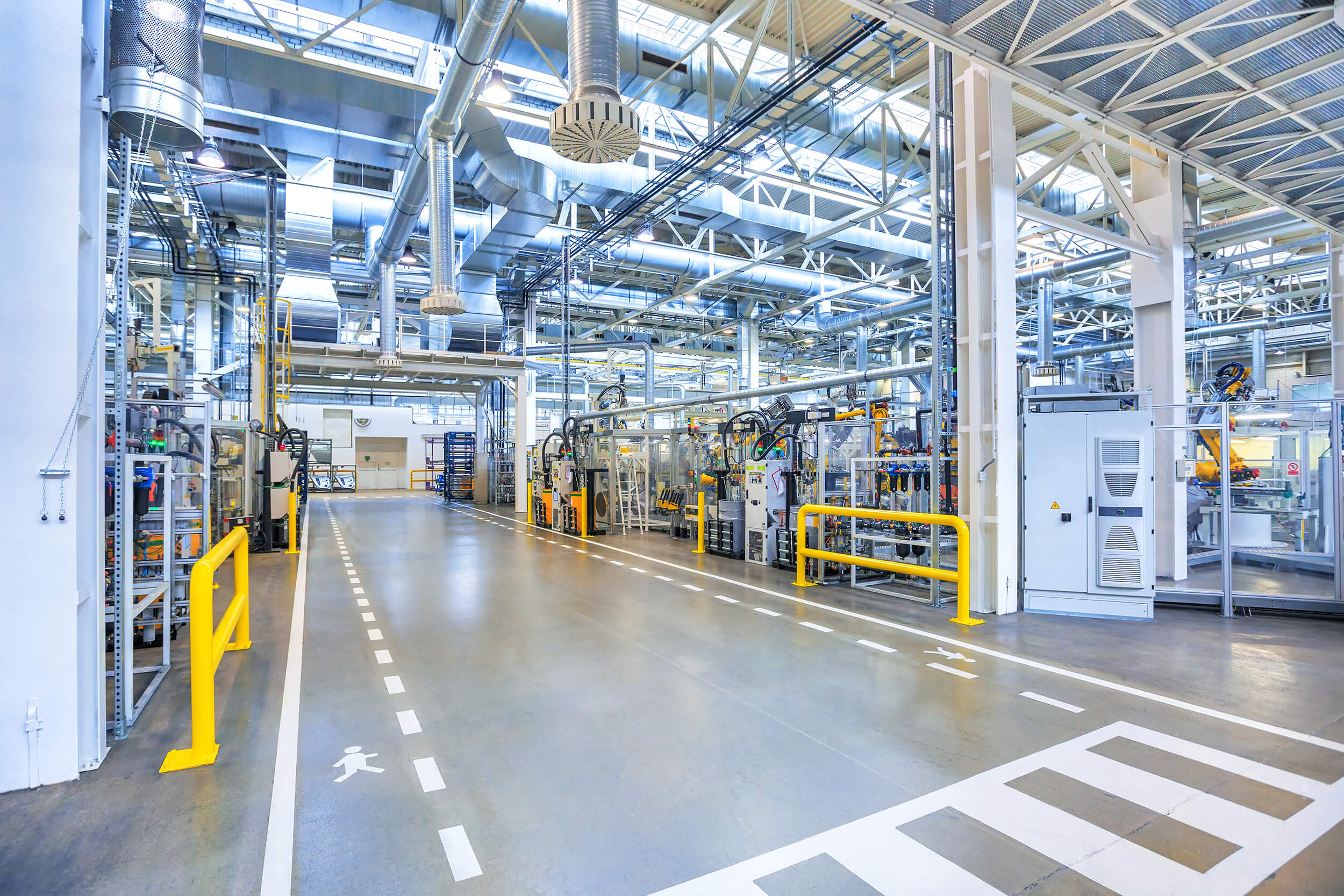
Amid the increase in devastating weather events linked to climate change, the New Jersey legislature adopted an appliance efficiency bill yesterday that would reduce annual statewide climate change emissions by 178,000 metric tons per year by 2026, the equivalent emissions of 72,000 cars. The adoption of efficiency standards is a helpful step toward meeting the state’s goal of cutting greenhouse gas emissions in half by 2030. The new law would also save consumers and businesses $132 million each year on their utility bills by 2026, growing to $400 million annually by 2035.
New Jersey joins a growing group of states adopting appliance standards, an effort that could lead to new national standards and even larger CO2 reductions and dollar savings. If Governor Murphy signs the bill as expected, New Jersey will become the sixth state to adopt a similar package of appliance standards in 2021 and the 12th jurisdiction (11 states plus the District of Columbia) to adopt standards since 2018. In the Northeast, Maine, Massachusetts, New York, and Rhode Island have recently enacted state appliance efficiency standards.
The companion State Senate and Assembly bills (S3324 and A5160), sponsored by Senator Bob Smith and Assemblyman Wayne DeAngelo, would set minimum efficiency requirements for 17 products, including plumbing products (such as showerheads and faucets), restaurant equipment, and air purifiers. Products meeting the new state standards would save users money. For example, a consumer purchasing an air purifier that meets the bill’s efficiency requirements would save about $30 per year, or $270 over the lifetime of the product, compared to less efficient models on the market today.
Surprisingly, one-third of the bill’s total economic savings come from two water-using products—showerheads and faucets. That’s because better efficiency in these products means there’s less water that needs to be heated, so New Jersey residents save on both energy and water bills (and wastewater bills too). The water savings really add up—through 2036, the new standards would save 50 billion gallons, or the equivalent of 1 billion full bathtubs, of water.
A broad coalition of environmental and efficiency organizations, consumer groups, and industry and business associations supported the bill.
This effort to reduce emissions comes as New Jersey is increasingly subject to more destructive weather events such as Superstorm Sandy in 2012 and the trio of tropical storms (Fay, Isaias, and Henri) in 2020 and 2021. The New Jersey Department of Environmental Protection highlights that “added carbon dioxide has led New Jersey to experience increased rainfall, more frequent extreme weather events, rising sea levels and climbing temperatures.”
New Jersey’s progress on state appliance standards coincides with Biden administration efforts to pick up the slack at the federal level. The U.S. Department of Energy (DOE) needs to catch up on dozens of missed deadlines for updating national standards and reverse a series of harmful Trump-era appliance rules that rolled back existing standards and created roadblocks for future ones. DOE has made some progress on both fronts, but more needs to be done quickly. And since federal law makes it very difficult for New Jersey or any other state to set its own efficiency requirements for the nearly 60 products that DOE regulates, New Jersey counts on DOE to do its part by keeping federal standards up to date. New Jersey last enacted a round of appliance standards in 2005; that law helped spur federal standards for the products it covered.
The new New Jersey law will go into effect one year after it is enacted.




